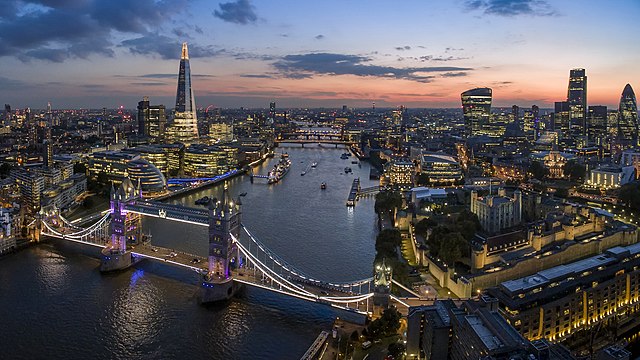The allure of fame has captivated humanity for centuries. From ancient kings immortalized in epic poems to modern influencers with millions of followers, the desire for fame transcends cultures and eras. But what drives people to seek fame, often at great personal cost? The answer lies in a complex web of psychological, societal, and cultural factors.
1. The Need for Validation
One of the primary reasons people seek fame is the desire for validation. Being recognized by others can provide a sense of worth and importance that many crave. In a world where social media likes and shares can equate to social currency, fame offers a level of approval and attention that seems to confirm one’s significance.
Psychologists suggest that this need for validation often stems from deep-seated insecurities or feelings of inadequacy. Fame can act as a band-aid, offering external affirmation that temporarily soothes internal doubts.
2. The Pursuit of Power and Influence
Fame often comes with power—the ability to shape opinions, drive trends, and influence decisions. For some, the pursuit of fame is less about being seen and more about wielding that influence. Politicians, activists, and even entertainers often use their platforms to advocate for causes or push agendas.
Influence can also translate into tangible benefits: wealth, opportunities, and access to exclusive experiences. In a consumer-driven society, fame and fortune often go hand in hand.
3. A Desire for Legacy
The quest for immortality has been a human preoccupation since the dawn of time. For many, fame offers a modern equivalent: a way to leave a lasting mark on the world. Whether through groundbreaking achievements, creative works, or memorable performances, famous individuals can ensure their names are remembered long after they’re gone.
This desire is particularly strong for those who fear being forgotten or feel a need to create a sense of permanence in an impermanent world.
4. The Appeal of Escaping Anonymity
For some, fame represents freedom from the mundane. The idea of being recognized and celebrated can feel like an escape from the anonymity and ordinariness of everyday life. Fame can offer a sense of uniqueness and distinction, setting individuals apart from the crowd.
5. Social and Cultural Pressures
In the modern age, societal pressures also play a significant role. Media glorifies celebrities, portraying fame as the pinnacle of success and happiness. Social media platforms exacerbate this by enabling ordinary individuals to achieve micro-fame, fueling the idea that fame is accessible to anyone.
Cultural narratives often equate fame with self-worth, perpetuating the belief that to be valuable, one must be visible.
6. The Intrinsic Need to Be Heard
At its core, the desire for fame often boils down to a fundamental human need: the need to be heard and understood. Fame provides a platform to share one’s voice, experiences, and ideas with a wide audience. For some, this is an opportunity to connect with others, inspire change, or simply express themselves.
The Double-Edged Sword of Fame
While fame can fulfill certain desires, it often comes with significant downsides. Loss of privacy, constant scrutiny, and the pressure to maintain a public image can take a toll on mental health. Many celebrities have spoken about the isolation and challenges that accompany their public personas.
Understanding the motivations behind the pursuit of fame can help society create healthier narratives around success and recognition. It reminds us that while fame might bring external rewards, true fulfillment often lies in personal connections, self-acceptance, and a sense of purpose.
Ultimately, the desire to be famous reflects our deep-seated human yearnings: to matter, to belong, and to leave a legacy. Recognizing these needs can help individuals find more balanced and meaningful ways to achieve them.






















Leave a Reply